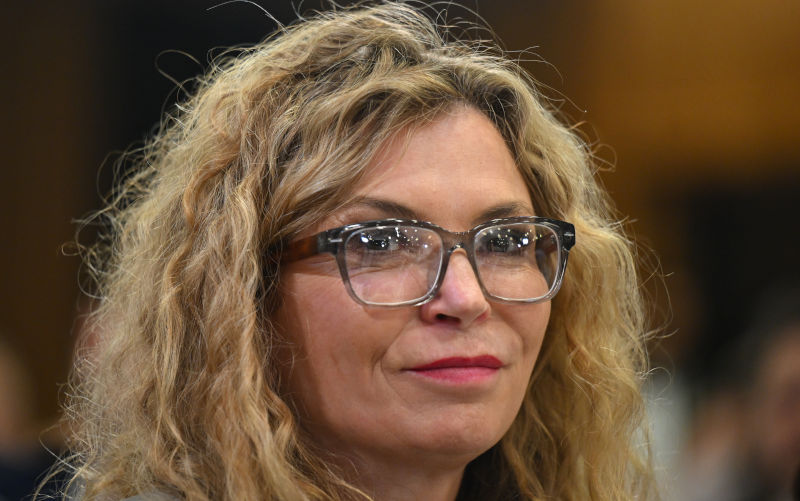Dee Madigan and the art of the possible: Branding progress or boxing it in?
May 27, 2025
In the pantheon of contemporary Australian political strategists, few have the profile — or the punch — of Dee Madigan.
A veteran campaigner, creative director at Campaign Edge and regular panellist on Q and A and elsewhere, Madigan has become the unofficial voice of progressive advertising and the polished face of Labor’s electoral machine.
But as Labor Governments hold office federally and in most states, and as global crises deepen — from ecological collapse to wealth inequality — it’s worth asking: has Labor, and by extension Madigan’s strategic vision, become too good at selling too little?
Madigan is undeniably skilled. She has shaped some of the most emotionally resonant Labor campaigns in recent memory, often built around fairness, family and a competent sense of moral centre. Her messaging is clean, disciplined, and deeply attuned to the concerns of suburban swing voters. She knows that elections are not won on ideology, but on trust, emotion, and framing. In that, she is a master of the “art of the possible".
Yet the possible has been narrowed to a pinhole.
Behind the slogans of stability and opportunity lies a party — and a country — grappling with profound structural challenges: a housing crisis now decades in the making, the erosion of public services, yawning inequality and a planet that continues to heat while fossil fuel approvals roll on. Labor, under Madigan-esque communication, campaigns on hope but governs with caution. The party wins power, then holds it as if the past 40 years of economic orthodoxy were immutable law.
Madigan’s influence, while not factional, is philosophically aligned with the Labor centre. She supports leaders like Anthony Albanese, Daniel Andrews and Jim Chalmers – figures who steer away from bold structural reform in favour of managerialism and incrementalism. Her strategic genius is to make this look like vision.
And therein lies the bind.
Politics has become so mediated, so poll-driven, and so dependent on managing risk, that the very idea of ideological ambition seems quaint– dangerous even. Madigan’s own commentary makes this clear: better to win small than to lose big; better to promise modesty than to risk failure on the altar of idealism.
But what happens when modesty itself becomes the risk? When the failure to imagine a different economic model — one that doesn’t rely on property speculation, underpaid care work or carbon exports — is the real political hazard?
The Labor Party of Curtin and Chifley, Whitlam and Dunstan, was never afraid to make the case for structural change. Today, it is locked in a battle to sound responsible in a system that rewards inertia. Madigan, through no personal failing, has become a symbol of that shift –from social democracy to political marketing.
Even on deeply progressive causes — marriage equality, gender equity, First Nations justice — her approach tends to sanitise the radical edges. Movements that emerge from anger and resistance are rendered palatable, and therefore, paler, in the name of appeal. The rough is sanded off. The politics becomes emotion, stripped of structure. Change becomes rebrand.
To her credit, Madigan has helped Labor survive in a hostile media environment dominated by Murdoch, mining dollars and the myth of the impartial centre. Her work reflects the reality of a political system increasingly hostile to reform. But it also reinforces it.
Meanwhile, the Greens — maligned as performative and unrealistic — continue to argue for what Labor once believed: that wealth can be taxed, housing can be public, and the future must be green. They are accused of being unelectable. But electability is now a prison, not a prize.
Madigan is brilliant at her job. The question is whether the job is still worth doing this way. As the crises of the 21st century accelerate, Australians need not just better messaging, but better futures – and those cannot be focus-grouped into being. They must be fought for.
It’s time for Labor — and its strategists — to expand the definition of “possible".
The views expressed in this article may or may not reflect those of Pearls and Irritations.

